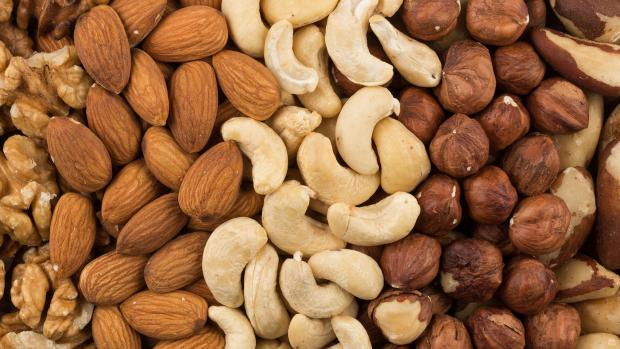
Breaking News
6.5x55 Swedish vs. 6.5 Creedmoor: The New 6.5mm Hotness
Best 7mm PRC Ammo: Hunting and Long-Distance Target Shooting
 Christmas Truce of 1914, World War I - For Sharing, For Peace
Christmas Truce of 1914, World War I - For Sharing, For Peace
Top Tech News
 EngineAI T800: Born to Disrupt! #EngineAI #robotics #newtechnology #newproduct
EngineAI T800: Born to Disrupt! #EngineAI #robotics #newtechnology #newproduct
 This Silicon Anode Breakthrough Could Mark A Turning Point For EV Batteries [Update]
This Silicon Anode Breakthrough Could Mark A Turning Point For EV Batteries [Update]
 Travel gadget promises to dry and iron your clothes – totally hands-free
Travel gadget promises to dry and iron your clothes – totally hands-free
 Perfect Aircrete, Kitchen Ingredients.
Perfect Aircrete, Kitchen Ingredients.
 Futuristic pixel-raising display lets you feel what's onscreen
Futuristic pixel-raising display lets you feel what's onscreen
 Cutting-Edge Facility Generates Pure Water and Hydrogen Fuel from Seawater for Mere Pennies
Cutting-Edge Facility Generates Pure Water and Hydrogen Fuel from Seawater for Mere Pennies
 This tiny dev board is packed with features for ambitious makers
This tiny dev board is packed with features for ambitious makers
 Scientists Discover Gel to Regrow Tooth Enamel
Scientists Discover Gel to Regrow Tooth Enamel
 Vitamin C and Dandelion Root Killing Cancer Cells -- as Former CDC Director Calls for COVID-19...
Vitamin C and Dandelion Root Killing Cancer Cells -- as Former CDC Director Calls for COVID-19...
 Galactic Brain: US firm plans space-based data centers, power grid to challenge China
Galactic Brain: US firm plans space-based data centers, power grid to challenge China
Regular nut consumption after this age wards off dementia and disease

In the world of nutrition, nuts are a bit of a show off. In addition to their well-known abilities to improve cardiovascular health, the tiny protein-packed snack has also been shown to improve sperm count and motility, and fight obesity, diabetes, and inflammation. Plus the magnesium they contain has been linked to warding off DNA damage, while their omega-3 and omega-6 fatty acids have been shown to reduce the risk of 19 types of cancer.
Now, a new study from Monash University has given nuts another public relations boost.
A team of researchers there looked at data from the ASPREE Longitudinal Study of Older Persons. While the ostensible purpose of the ASPREE study is to look at aspirin's effects in older adults (the acronym stands for ASPirin in Reducing Events in the Elderly), the effort has produced an impressive database of multiple health markers across populations in Australia and the United States. Information from this database has previously been used in a study that showed the potential for "good" cholesterol to adversely affect dementia; one that found a relationship between having close family and friends and reducing heart disease risk by up to 30%; and another that highlighted which activities are best for warding off cognitive decline.
For the most recent study, the Monash researchers examined the records of 9,916 Australians over the age of 70 who had completed a 49-item food-frequency questionnaire. After screening out other factors, they found that those who reported eating a handful of nuts as part of their diet either once or twice per day had a 23% lower risk of enjoying disease-free survival (DFS) than those who reported no or very little nut consumption.
"The endpoint of disability free survival is a composite measure that is recorded when participants in the … study report an event of dementia, persistent physical disability or all-cause mortality," study first author Holly Wild told us. "In this study we established that daily nut consumers were 23% less likely to record these events compared to those that consumed nuts rarely or infrequently, and thus more likely to live longer free from dementia and persistent physical disability."

 The State's Last Stand
The State's Last Stand


